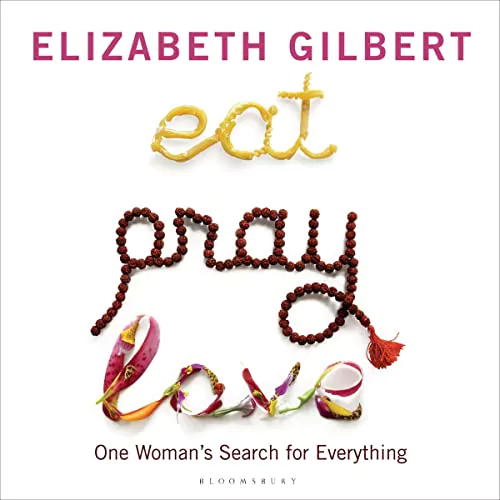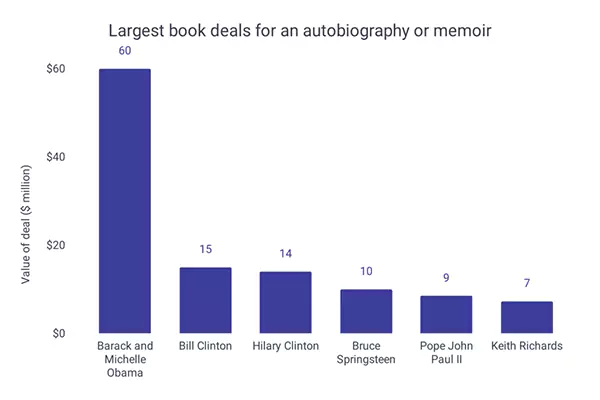Memory, Truth, and Subjectivity: The Complexities of Memoir Writing

“When you put down the good things you ought to have done, and leave out the bad ones you did do well, that’s Memoirs.”
- Will Rogers (The cowboy philosopher, and American actor)
Memoir writing demands a high degree of ethical consideration and empathy, as you decide how to portray shared experiences while respecting the privacy and perspectives of others involved.
Moreover, making a clear differentiation between facts and personal opinions matters as it allows you to stay true while acknowledging the potential for bias.
Want a cheat code for leveling up writing? One can always order a human-written research paper which is available online.
In this read, we will delve into the complexities of memoirs along with some famous examples. let’s dive right in!
What Is a Personal Memoir?
A personal memoir? Picture it as the ultimate mixtape of existence. It’s not just the chart-toppers and victory laps; it’s the skinned knees, the silent tears, and those episodes one would rather keep off the family newsletter. Peeling back the layers, showcasing the full spectrum of one’s journey, all penned down in their unique voice, unpolished and genuine.
Forget the airbrushed facade of social media highlight reels; one is inviting readers backstage, sharing the outtakes and the flubs. This isn’t about flaunting a flawless track record (let’s face it, who’s got one of those?), but it’s about embracing the detours and tumbles that sculpted their character.
So, what is the subject of a memoir? It’s one’s narrative, but dig a little deeper. It transcends a mere chronological recap; it’s the distilled essence of those pivotal chapters. Memoir hones in on the slices of saga that resonate on a universal frequency, making even a passerby feel like an old friend.
Famous Memoir Examples

Diving in with a bit of a censorious eye, Elizabeth Gilbert’s “Eat, Pray, Love” is a game-changer. It’s a deep dive into finding yourself amidst the chaos of life. Gilbert pretty much schools us on how to turn a soul-searching journey into a page-turner.
Then there is “The Glass Castle” by Jeannette Walls. The author nails the art of telling it like it is, making a person rethink the whole concept of family and resilience.
And let’s not overlook Cheryl Strayed’s “Wild.” This memoir is a brutally honest tale of hitting rock bottom and clawing the way out, one step at a time. Strayed drag through the mud, the tears, and the triumphs, showing the gritty side of self-discovery.

The Complexities of Memoir Writing
This whole gig is less about spitting out a timeline of one’s life and more about how they chewed up and digested those experiences. What they remember and decide to slap down on paper is filtered through their crazy lens.
It’s all about the ‘here and now’. How one recalls that epic summer fling or the worst haircut of their life is colored by the current mood, the baggage they are carrying, and even what one had for breakfast.
Writing this stuff down, getting knee-deep in their headspace, can be a bit of a mind trip, almost therapeutic. It forces them to stare down their demons, do a little mental housekeeping, and maybe, just maybe, make peace with the chaos.
Plus, there is a whole subjectivity circus. The bits and pieces of life that one chooses to share aren’t just random snapshots. They’re the moments that one thinks are worth the ink. The memoir isn’t an autobiography either. As mentioned above, it’s more like a highlight reel of emotional rollercoasters, handpicked by you.
So, in the grand scheme of things, penning is about embracing the mess, the contradictions, and the raw edges of one’s story. It’s soul-baring, with all the nitty-gritty details laid bare. Remember, it’s their truth, and narrative, served up unapologetically real.
Did You Know?
Memoir helps you gain self-knowledge and discovery. It is a meeting between your past self and present self, that shows you how your present self will look a your past self.
Final Thoughts
In summarizing “the truth of memoir,” it’s key to understand that it is more than just life stories told in public. In fact, it can be called a personal reflection. This reflection gives insight into the author’s experiences and emotions.
When we explore some famous examples, like “The Year of Magical Thinking” by Joan Didion or “Educated” by Tara Westover, we see the variety and depth of personal narratives. They just amaze readers thanks to some secrets.
Plus, the elements of the memoir, such as a personal voice, a focused theme, and the emotional truth behind the events, are what make these stories resonate. Essentially, it blends factual events with the author’s emotional journey, offering a unique and authentic perspective on life.








